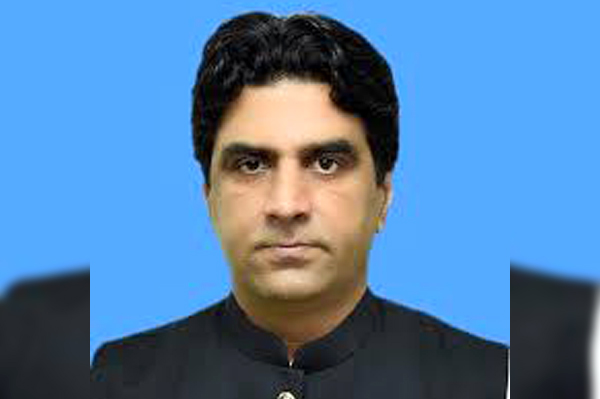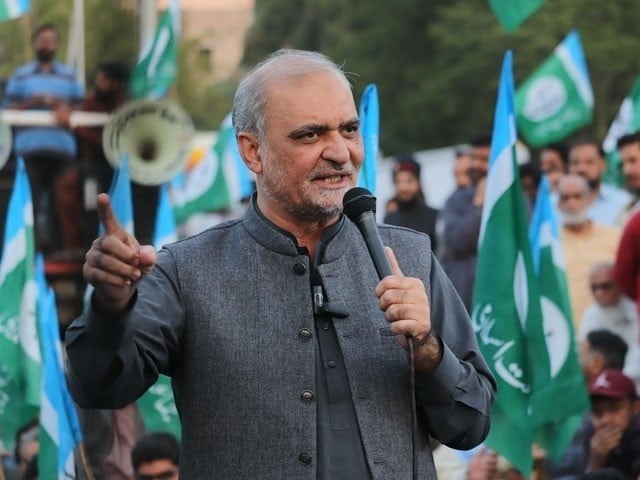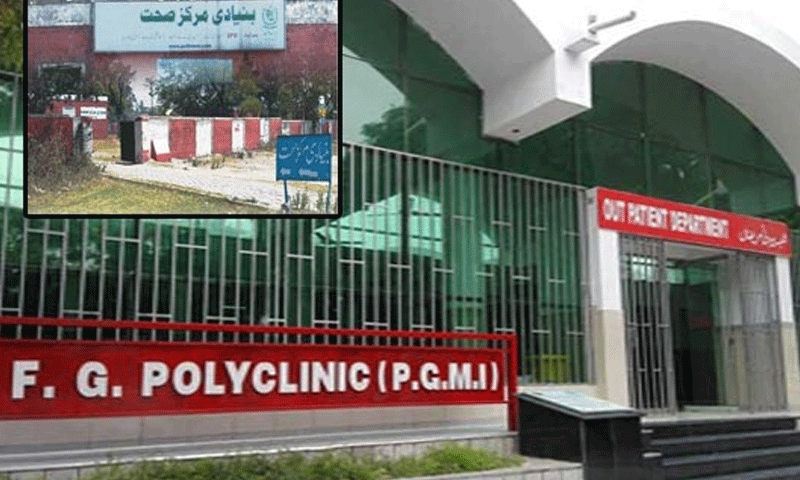PTI’s Struggles with Anti-Corruption Efforts in Khyber Pakhtunkhwa: A Tale of Failed Reforms

Islamabad,Pakistan:Despite Pakistan Tehreek-e-Insaf (PTI) having held power in Khyber Pakhtunkhwa for three consecutive terms, the province continues to grapple with ineffective anti-corruption measures, leaving the party’s claim of “accountability” under former Prime Minister Imran Khan largely unfulfilled.
Since its formation in the late 1990s, PTI has maintained a promise to eradicate corruption and ensure accountability. Imran Khan, the founder of PTI, repeatedly emphasized that the party would establish strict accountability standards for everyone, regardless of their power or influence. However, when PTI formed its first provincial government in Khyber Pakhtunkhwa in 2013, the anti-corruption law they inherited from the era of President Ayub Khan (1961) proved to be outdated and inefficient.
The **Anti-Corruption Establishment Ordinance of 1961**, which was inherited from the era of President Ayub Khan, has been in operation for over six decades, but it has failed to deliver meaningful results. Over 99% of the accused in corruption cases under this law were acquitted, leading to frustration within the PTI government.
**The Struggles with the Khyber Pakhtunkhwa Accountability Commission**
During its first term, PTI introduced the Khyber Pakhtunkhwa Accountability Commission Act in 2013. However, the law faced significant hurdles and was repealed in 2018. The initial hope was that this commission would strengthen accountability in the province, but internal conflicts, particularly between former Chief Minister Pervez Khattak and the first Director General of the Commission, General (retd) Hamid Khan, led to the law’s eventual failure. Amendments to the law in 2015 diluted its effectiveness, stripping the Director General of key powers and creating bureaucratic hurdles by requiring the Chief Secretary’s approval for inquiries against government officials.
**Poor Performance and Financial Drain**
A report from the Khyber Pakhtunkhwa Assembly in 2019 revealed that the Accountability Commission had failed to recover even a single penny of misappropriated funds, despite spending a staggering **1.03 billion rupees** from the national treasury. This demonstrated the inefficacy of the commission, especially given that PTI had a clear majority in the provincial legislature.
According to data obtained through the **Right to Information Act**, in 2024, the Anti-Corruption Establishment received **1,352 complaints** of corruption. Combined with **2,498 pending cases** from previous years, the total number of cases stood at **3,850**. Despite this, only **38 new cases** were registered in the year, with a mere **2 convictions** in anti-corruption courts.
The establishment’s budget, which amounts to **400 million rupees**, spends over **99%** on salaries, leaving just a small fraction for operational activities. With only **397 staff members**, including officers deputed from the police, the establishment faces a severe manpower shortage, making effective operations nearly impossible.
**Barriers to Accountability and Political Interference**
One of the major barriers to effective accountability is the legal requirement that government officials of Grade 19 and above must obtain approval from the **Chief Secretary** before they can be investigated or arrested. Anti-Corruption Establishment Director, **Sadiq Anjum**, highlighted this flaw, stating that even after completing investigations, officials in higher grades cannot be arrested without the Chief Secretary’s approval.
This bureaucratic red tape has severely hampered accountability efforts, as it is often difficult to take action against senior officers, including the **Chief Secretary** himself, if complaints are lodged against them. This has created a cycle of inefficiency, and as reported by PTI Member of Provincial Assembly (MPA) **Laiq Khan**, the Anti-Corruption Establishment failed to act on a **3 billion rupees corruption scandal** in his native district of Torghar, despite it being reported months ago.
**Reform Efforts and Future Challenges**
Musaid Abbas, the **Special Assistant to the Chief Minister on Anti-Corruption**, has acknowledged the shortcomings of the current system. He explained that the reliance on police officers, who lack the expertise in corruption investigations, has hindered progress. He further stated that efforts are underway to introduce new legislation to improve **prosecution guidelines**, **increase manpower**, and enhance case processing, but he admitted that these reforms might take **one to one and a half years** to implement.
**Reforming Anti-Corruption Strategies**
Given these persistent challenges, PTI’s long-standing promise of eradicating corruption in Khyber Pakhtunkhwa seems increasingly difficult to fulfill. The need for structural reforms, including the establishment of **dedicated anti-corruption courts**, more **trained personnel**, and the **elimination of political interference**, has never been more urgent. Without significant changes, the PTI’s claims of tackling corruption will likely remain hollow, leaving the people of Khyber Pakhtunkhwa with little to show for the party’s promises of accountability.
As the province continues to face these challenges, the success of future reforms will largely depend on overcoming entrenched bureaucratic hurdles and political reluctance to address corruption within its own ranks.






